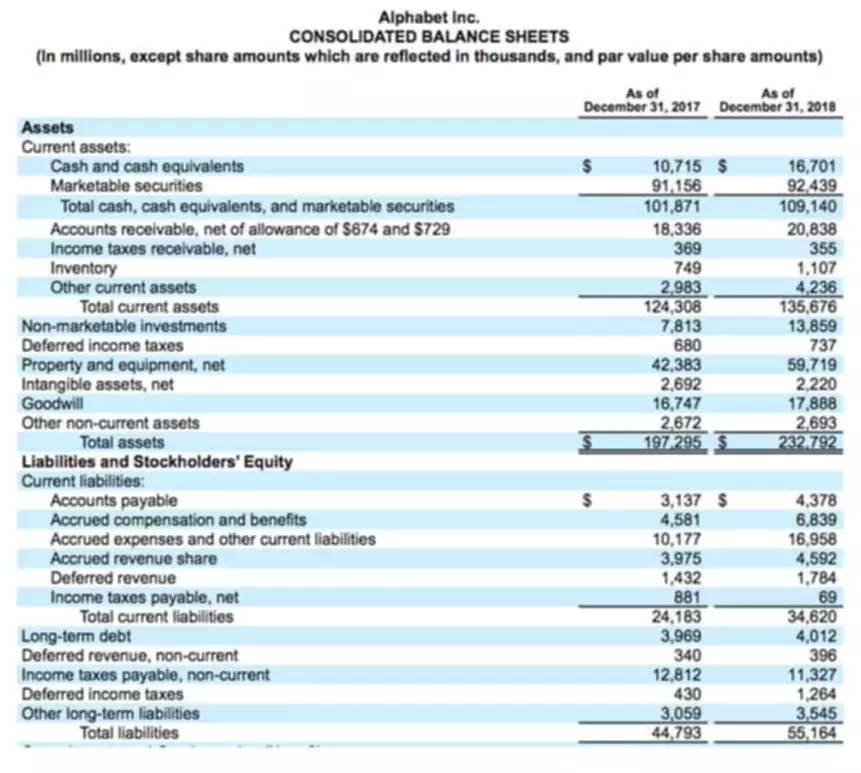Content
- Financial Accounting
- Types of Adjusting Journal Entries
- Supplier prepayment adjustment
- Save time and money on a customized accounting plan
- Importance of Keeping Business & Personal Bank Accounts Separate
- Other People’s Money: A B C Funding Rounds
- Making the Decision between Cash or Accrual Accounting for Contractors
- Steps Convert Accrual Basis to Cash Basis Accounting

If the cash from these transactions is received after the time they are made, they are shifted back to the period in which payment is due. Since cash payments are still unpaid, in addition to the current period sales, the need to make adjustments stems primarily from this necessity. Professionals such as physicians and lawyers and some relatively small businesses may account for their revenues and expenses on a cash basis. The cash basis of accounting recognizes revenues when cash is received and recognizes expenses when cash is paid out.
- Under the accrual method, the $5,000 is recorded as revenue as of the day the sale was made, though you may receive the money a few days, weeks, or even months later.
- Income on the accrual basis includes all bills sent to your customers, regardless of whether or not you have received payment.
- When expenses are prepaid, a debit asset account is created together with the cash payment.
- One of the most challenging things when you are first learning about inventory and cost of goods sold is understanding the way it moves through the financial side of your business.
- Though both of these concepts are forms of accounting, there are definite differences between the two.
- Well, let’s look a little deeper into the concepts of cash- and accrual-basis accounting, and you can see for yourself.
This means that income is recognized when cash is received and not when it is earned. Likewise, if an expense is incurred it is only recognized when cash is paid. Regardless of what basis you use to run your business or report your taxes, it’s helpful to analyze your company’s performance from different angles. Income on the accrual basis includes all bills sent to your customers, regardless of whether or not you have received payment. Income on the cash basis only includes income that your customers have paid to you.
Financial Accounting
Here’s what you’ll need to know to identify good candidates to switch methods, as well as give you just enough information to avoid missing a good planning opportunity. Take a look at the following cash-to-accrual conversion examples. As a result, an investor might conclude the company is making a profit when, in reality, the company might be facing financial difficulties. Our review course offers a CPA study guide for each section but unlike other textbooks, ours comes in a visual format. Please submit your question or comment through the “Contact Us” form using the link in the footer of this page.
Now, we would likely receive an invoice for purchased materials, so the debit would be to capitalize those costs into inventory. The offsetting credit would be to accounts payable, which records the liability on the balance sheet. As the name implies, the cash basis of accounting does not keep any accounts receivable or payable, which is the fundamental distinction between the cash and accrual basis of accounting.
Types of Adjusting Journal Entries
We incurred an expense in this period, which we have yet to pay. For an adjustment to your taxable income, you will pay or be credited the difference in the tax year when the change occurs. With a positive adjustment, income is increased and these adjustments take place over four years. With negative adjustments income decreases, and is deducted in full, in the year of change. When you are actually doing accounting, you may want to keep these adjustments on a separate spreadsheet.
Under the cash method, however, the transaction wouldn’t be recognized until the friend actually paid the $250. The difference between cash and accrual relies on the timing, including when taxes are filed. Customer prepayments are payments received before you deliver a product or service.
Supplier prepayment adjustment
In reality, this is the form of accounting most used by businesses. If you decide to switch your books from cash basis to accrual, you must adjust your records. In accrual accounting, you account for incurred income and expenses. Under this method, revenue is accounted for when it is earned. Unlike the cash method, the accrual method records revenue when a product or service is delivered to a customer with the expectation that money will be paid in the future. Likewise, expenses for goods and services are recorded before any cash is paid out for them.
This table shows Richard’s calculations of the changes that he needs to complete his accrual-income statement. Cash was spent during the previous accounting period, but this was used for production during the current year. This table shows the necessary adjustments https://www.bookstime.com/ that are calculated by comparing values in the ending balance sheet of the previous year with those in the ending balance sheet of the current year. We help that this article helped you in your process of understanding accrual to cash conversions.
Save time and money on a customized accounting plan
Without the periodicity assumption, a business would have only one time period running from its inception to its termination. The accrual basis of accounting recognizes revenues when earned (a product is sold or a service has been performed), regardless of when cash is received. Expenses are recognized as incurred, whether or not cash has been paid out. For instance, assume a company performs services for a customer on account.
You benefit from the goods now, but you won’t pay for them until a later date. If you sell $5,000 worth of machinery, under the cash method, that amount is not recorded in the books until the customer hands you the money or you receive the check. For example, a company might have sales in the current quarter that wouldn’t be recorded under the cash method.
Importance of Keeping Business & Personal Bank Accounts Separate
Accrual accounting largely affects the balance sheet and the income statement. This is because of adjusting entries and the revenue recognition process. Subtracting accrued expenses from the financial statements is necessary for switching from the accrual to cash adjustment journal entries.
Can you reverse an accrual?
An accrual reversal is called a reversing entry and it will zero out the previously accrued amount, usually at the beginning of the next accounting period.
For example, a company could perform work in one year and not receive payment until the following year. Under the cash basis, the revenue would not be reported in the year the work was done but in the following year when the cash is actually received. While the cash flow statement is virtually the same in both methods.
I would show a huge loss in January when the expense hits, as well as gains in February and March, but with no product costs at all. I can’t sell inventory I haven’t purchased (unless I’m drop-shipping), so this expense is necessary right away. Let’s say I’m starting a new business, so I purchase $50K of inventory to start with. Inventory purchases represent a large expense that benefits your business for many months, maybe even years to come. Hopefully this is enough information that now you don’t have an excuse to at least give your clients a cursory check. And, if your staff says, “But that isn’t what we did last year,” you can tell them to embrace their role in providing quality tax advice to the clients you serve.

Recognize the outstanding amount you owe to convert your books to accrual at the end of the period. Accrual accounting tends to be more accurate and gives a clearer picture of your long-term finances. Each provides different views of the financial health of a company. For investors, it’s important to understand the impact of both methods when making investment decisions. It is important that farmers get the right signals about their performance and their accrual method provides that more accurate signals about farm profitability.
To deal with the mismatches between cash and transactions, deferred or accrued accounts are created to record the cash payments or actual transactions. A second difference between the two is that cash-basis accounting https://www.bookstime.com/articles/accrual-to-cash-conversion does a great job of tracking the company’s cash flow but a poor job of matching revenues with expenses. It does a poor job of tracking cash flow and an excellent job matching revenues and expenses.
